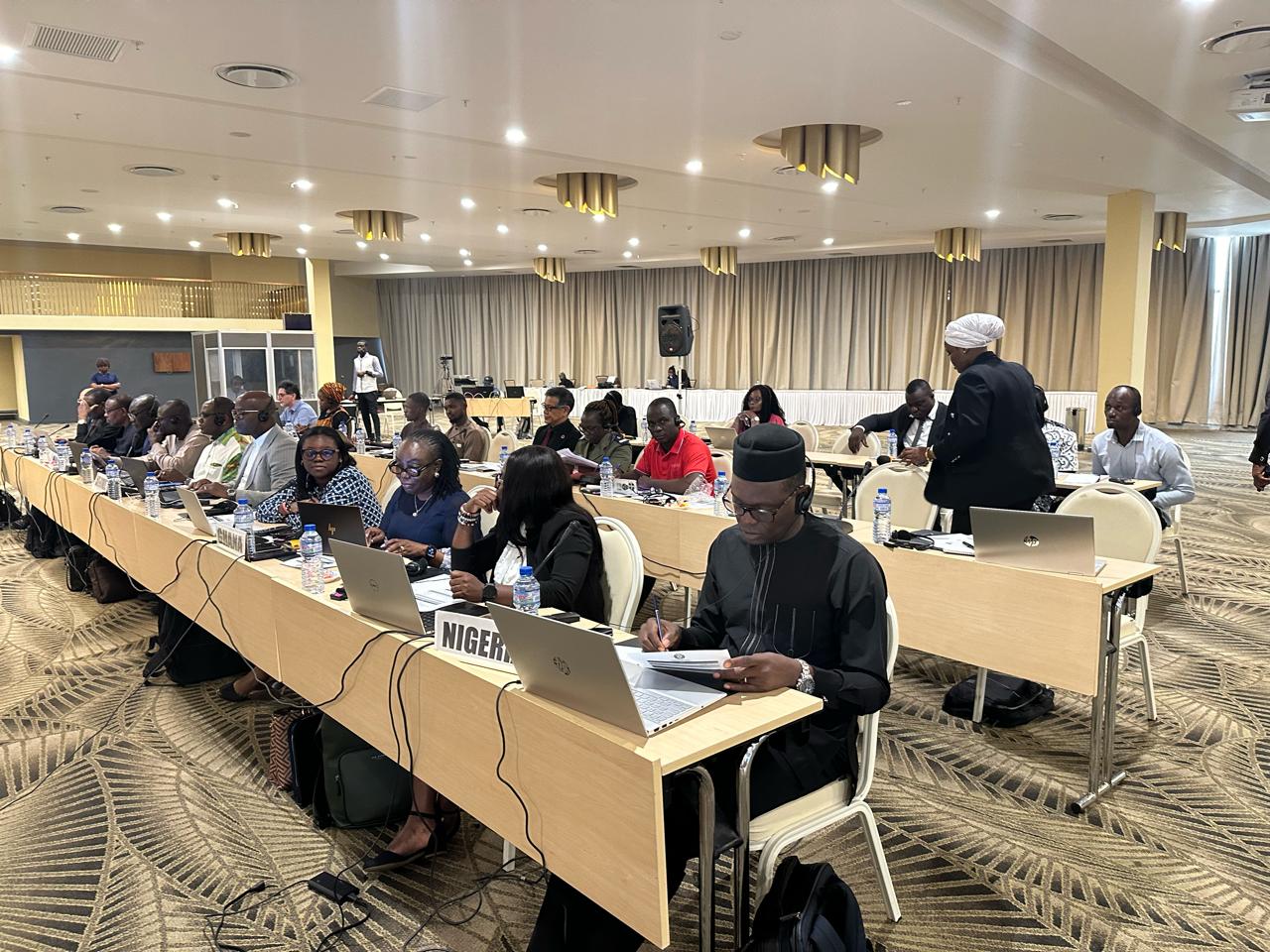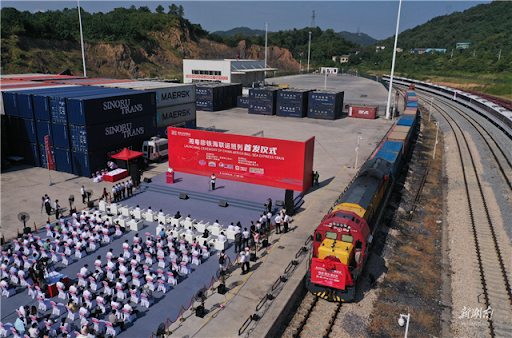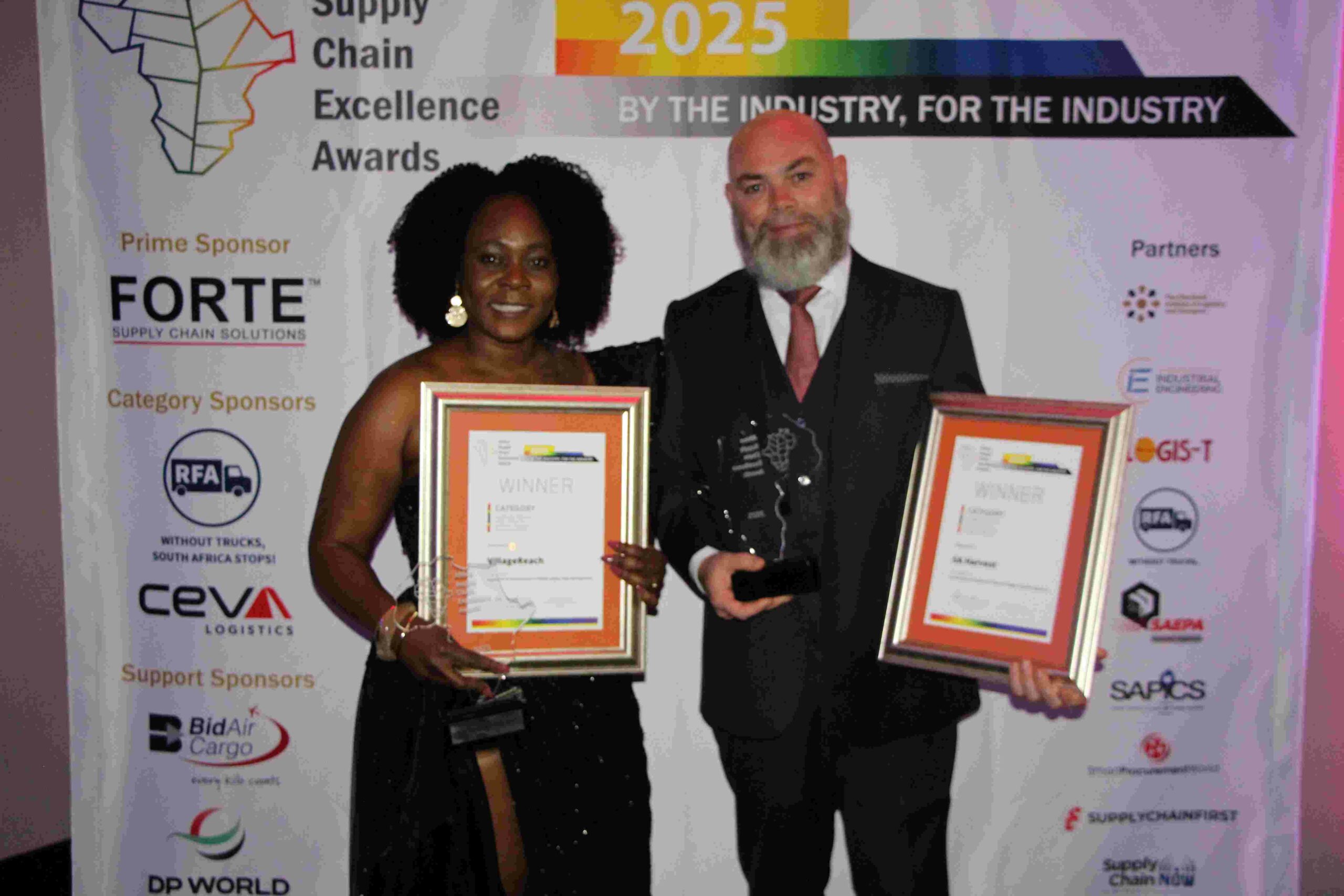Abidjan-Lagos Road Corridor: ECOWAS Takes a New Step with a Validation Workshop on Trade and Transport Facilitation

The ECOWAS Commission organized a three-day technical workshop to review an interim report on the trade and transport facilitation study for the Abidjan-Lagos road corridor development project. This workshop, held from June 27 to 29, 2024, in Lomé, brought together representatives from member states, regional and international institutions, as well as development partners, to review progress made and agree on a framework for the smooth movement of goods, services, people, and vehicles along the corridor.
The main objective of the workshop was to validate the interim report and gather feedback from stakeholders on the recommendations made by the consultants. Participants examined current challenges in trade and transport facilitation along the corridor and discussed potential solutions to overcome them. They also reviewed existing trade facilitation measures in the region and identified international best practices that could be applied to the Abidjan-Lagos corridor.
Among the innovations being considered are:
- A single customs regime without borders, eliminating stops at border posts for passport controls.
- An automated corridor-wide automobile insurance system, dubbed the “ECOWAS Brown Card”.
- An “Interstate Passenger” program allowing certain travelers to travel the entire corridor without stopping.
- The “ECOVISA” project, allowing visitors from outside ECOWAS to travel in the 15 member states with a single visa.
Mr. Chris Appiah, Acting Director of Transport at ECOWAS, emphasized the importance of the project in stimulating industrialization, tourism, and agriculture in the region. For his part, Mr. Albert Siaw-Boateng, Director of Free Movement, stressed the role of the corridor in facilitating cross-border trade.
The project benefits from financial support from the African Development Bank, the European Union, ECOWAS itself, as well as the five countries crossed. Each corridor country has contributed $1.4 million for technical studies and project preparation.
Although challenges remain, this initiative represents a major step towards economic integration in West Africa. The Abidjan-Lagos corridor could become a model of regional cooperation, stimulating economic development and facilitating trade in an area with high potential.





